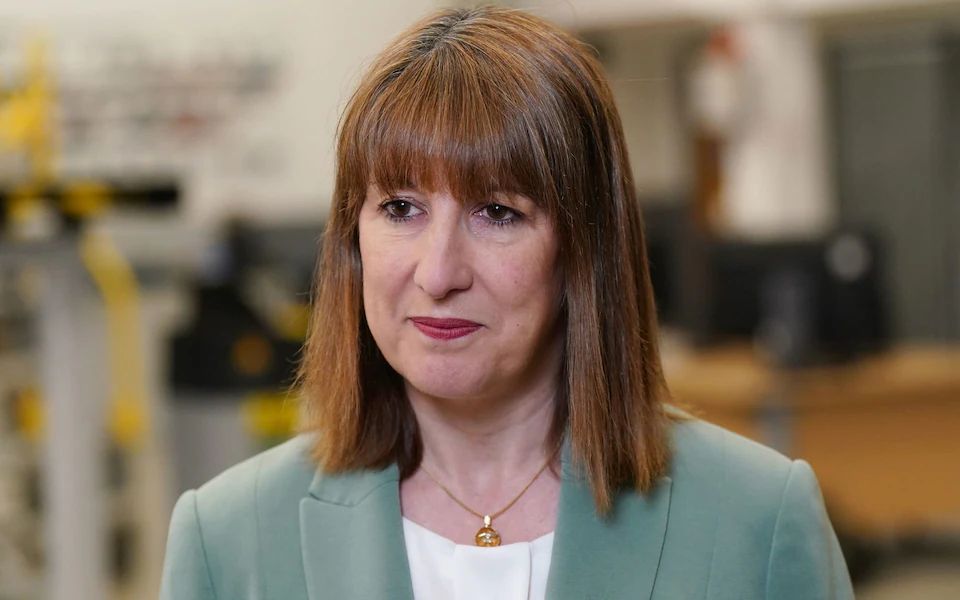By Eniola Amadu
Chancellor Rachel Reeves has been urged to avoid “directionless tinkering and half-baked fixes” as she prepares to unveil next month’s Budget, with a leading economic think tank warning that poorly designed tax increases could damage growth.
The Institute for Fiscal Studies (IFS), one of the UK’s most respected economic authorities, said while the government faces pressure to raise revenue to meet its fiscal rules, some tax rises could prove “especially economically harmful”.
Taxes are widely expected to rise as Reeves looks to fund public services and meet her self-imposed fiscal targets, which include not borrowing to fund day-to-day spending and ensuring debt falls as a share of national income by the end of the current parliament.
The Treasury said the chancellor would “strike the right balance” between funding essential services and promoting growth and investment.
However, the IFS warned that meeting those goals will be far from straightforward.
Its director, Helen Miller, told BBC Radio 4’s Today programme: “The politics is important and we’re going to hear lots and lots about whether Rachel Reeves can raise the money she wants without breaking one of her manifesto pledges – and that’s worth thinking about – but the economics is important too.”
Before last year’s general election, Labour pledged not to raise income tax, National Insurance, or VAT for working people.
The IFS said Reeves could still raise “tens of billions of pounds” without breaching those promises, but that such a move would be difficult and politically risky.
In its annual Green Budget, the think tank identified “serious constraints” on the four next-biggest sources of tax revenue — corporation tax, council tax, business rates and fuel duties — while warning that several other options would be “especially economically harmful.”
The IFS called for broader, long-term reform to make the tax system “fairer and more growth-friendly”, particularly through aligning tax rates across different forms of income.
“There is an opportunity to be bold and take steps towards a system that does less to impede growth and works better for us all,” said Ms Miller. She cited property and capital gains tax reform as “good places to start.”
Criticising the existing property tax framework, Ms Miller described stamp duty as an “absolutely awful tax” and council tax as “ludicrously out of date” and “regressive”, since it remains based on 1991 property valuations.
“Make it a tax based on up-to-date property values, make it proportional, and raise revenue from that rather than the current council tax and stamp duty,” she said.
Ms Miller also noted that Reeves’s previous Budget was “full of tax increases”, leaving “only losers,” and argued that a reform-led approach could spread the impact more fairly.
“If you do a reform approach, you can say you’re doing something for a principled reason, and make the system better, make us all better off, ultimately,” she said.
“At least you’ve got some good news to go alongside the inevitable upset from raised taxes.”
The IFS report underscores the delicate balancing act Reeves faces in her second Budget as chancellor — between maintaining fiscal credibility, keeping her political promises, and protecting economic growth at a time when public services are under strain.



